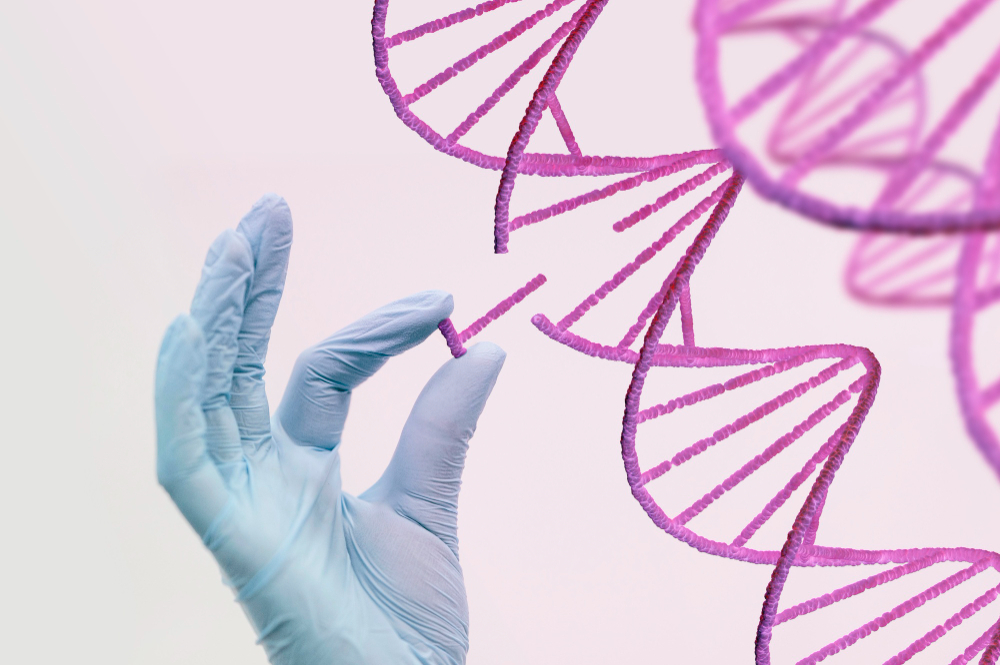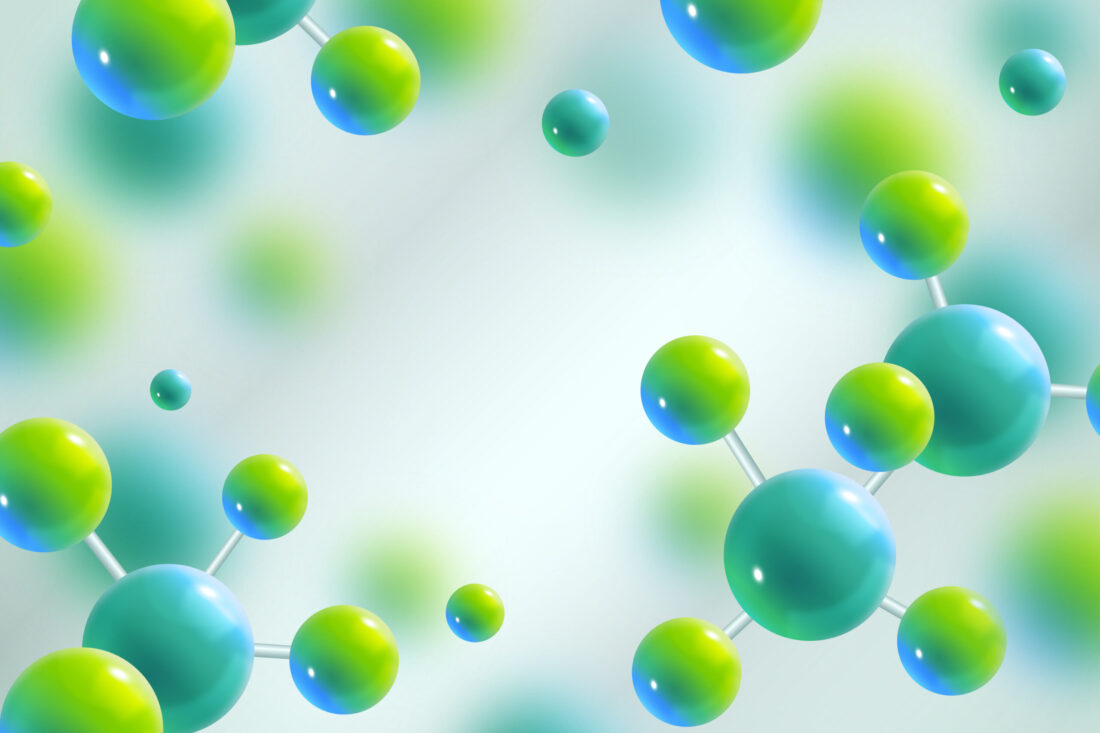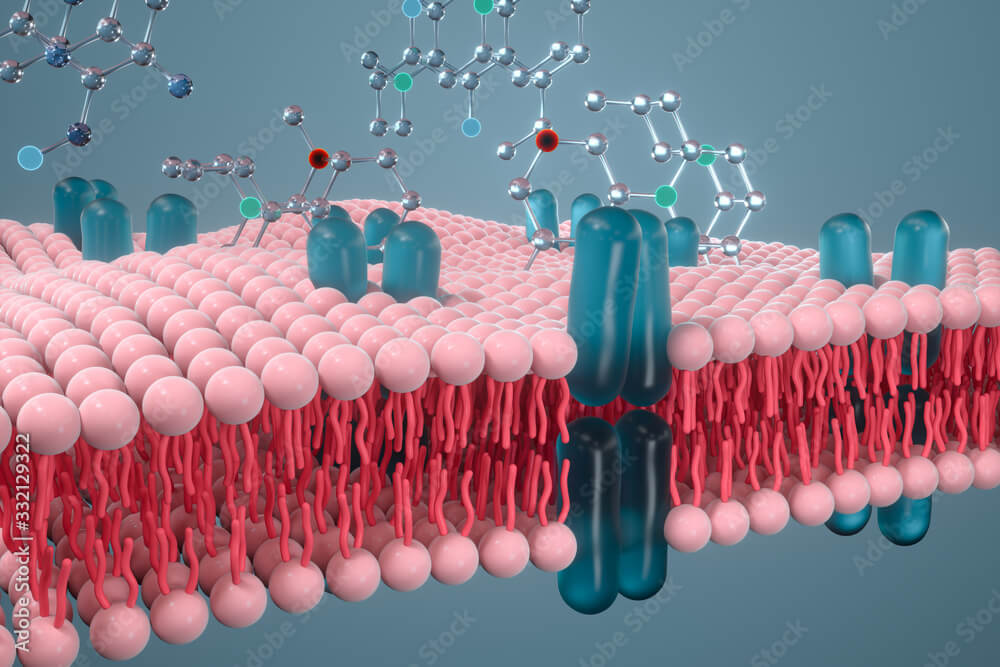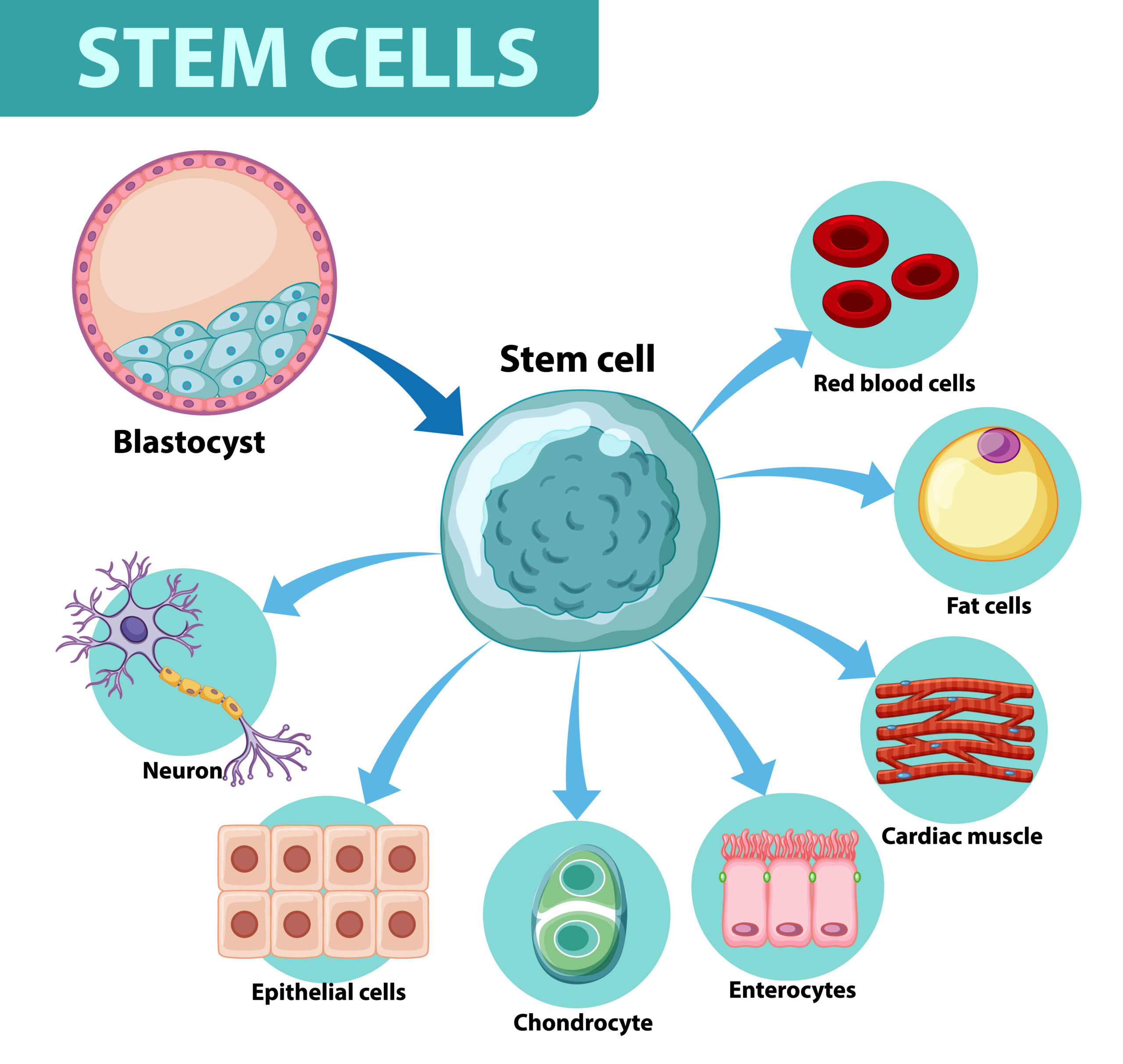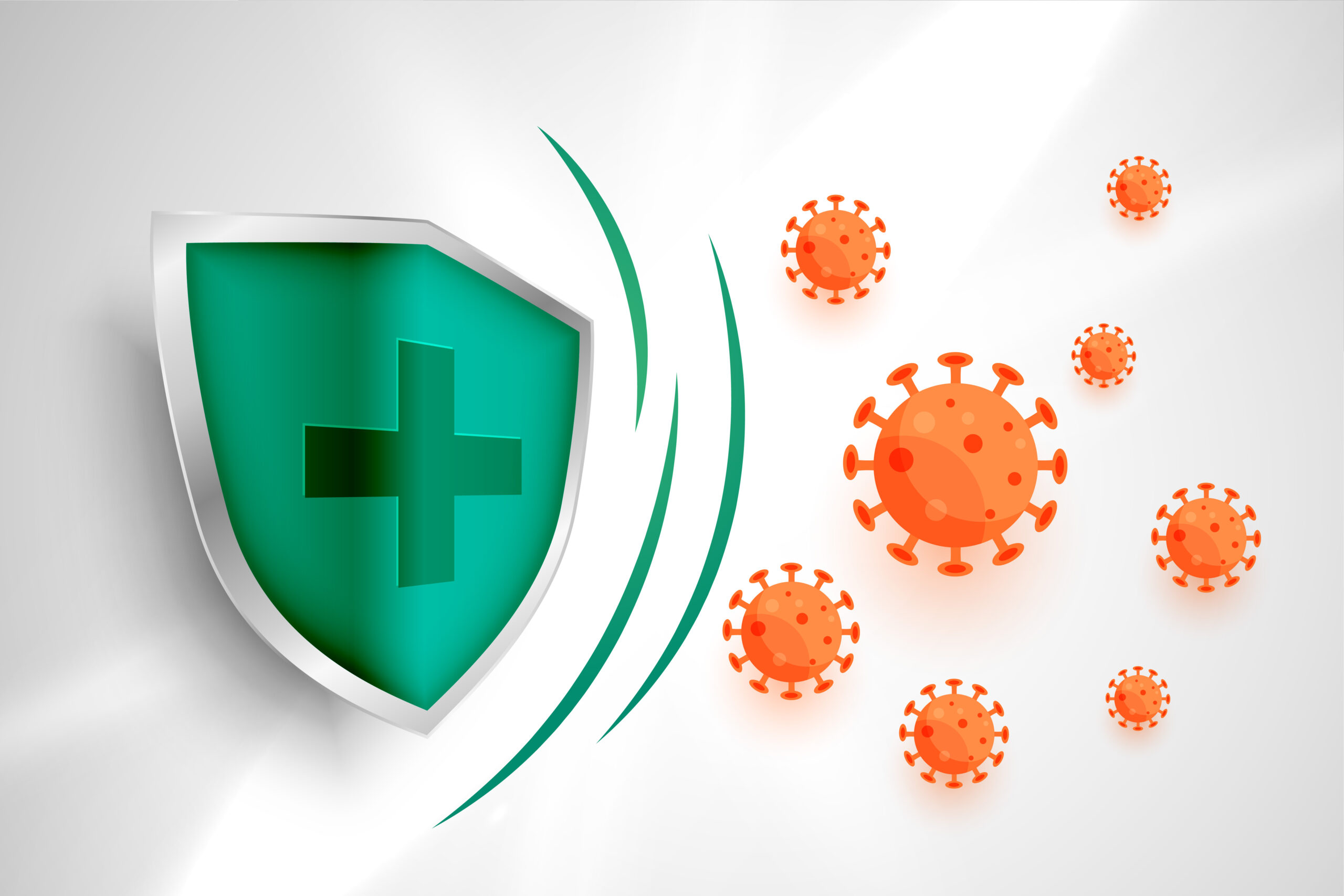Tag: genetics

General Q&A part-6
State two features of the gas exchange surface in humans? The gas exchange surface in humans primarily refers to the respiratory system, where the exchange of oxygen and carbon dioxide takes place. Two essential features of the gas exchange surface in humans are: Large Surface Area: The gas exchange surface in humans, which includes the…

DNA Replication
DNA replication is a fundamental process in biology that ensures the faithful duplication of genetic information. It involves multiple steps and a variety of enzymes and proteins working together to ensure accuracy. Here’s a more in-depth breakdown of the process: Initiation: DNA replication begins at specific sites on the DNA molecule known as origins of…

General Q&A part-5
What are the stages involved in PCR, and on what does PCR depend? Polymerase Chain Reaction (PCR) is a widely used molecular biology technique for amplifying specific DNA sequences. PCR involves several stages, and it depends on various components and conditions for successful amplification. Here are the main stages of PCR and what PCR depends…

General Biology MCQs
Here are some biology MCQs. 1. Which organelle is responsible for photosynthesis in plant cells? a) Mitochondria b) Nucleus c) Chloroplasts d) Endoplasmic reticulum Answer: c) Chloroplasts Explanation: Chloroplasts are the organelles responsible for photosynthesis, where plants convert sunlight into chemical energy in the form of glucose. 2. Which of the following is NOT a…

General Q&A part-4
What is oncology? Oncology is the branch of medicine that specializes in the study, diagnosis, treatment, and research of cancer. Cancer is a complex group of diseases characterized by the uncontrolled growth and spread of abnormal cells in the body. Oncologists are medical professionals who are trained to diagnose and treat various types of cancer,…

Q&A on Cell Structure
Let’s discuss some Q&A on cell structure. Q1: What is the basic structural and functional unit of all living organisms? A1: The basic structural and functional unit of all living organisms is the cell. Q2: What is the main function of the cell membrane? A2: The cell membrane regulates the passage of substances in and…

General Q&A part-1
This page contains general Q&A questions asked by curious people. How many types of Air pollution? Air pollution can be categorized into several types based on the sources of pollutants, the nature of the pollutants, and their effects on the environment and human health. The main types of air pollution include: Particulate Matter (PM): Particulate…

Enzymes: Substrate Interaction & Biochemistry
Within the realm of biology, cells rely on intricate processes to sustain life. Catalysts known as proteins play a crucial role in these processes, expediting chemical reactions. These proteins possess a remarkable capability to interact with specific substances, forming the foundation of biochemistry. In this article, we will explore these proteins and their interactions with…

MCQ on Role of Plasma Membrane
here are some multiple-choice questions (MCQs) about “Plasma Membrane Structure and Function: Key Role in Cell Homeostasis,” along with detailed answers: Question 1: Which of the following components make up the plasma membrane’s basic structure? A) Nucleic acids and proteins B) Carbohydrates and lipids C) Proteins and lipids D) Carbohydrates and nucleic acids Answer 1:…

Plasma Membrane Structure and Function: Key Role in Cell Homeostasis
The plasma membrane, also known as the cell membrane, is a crucial structure that surrounds all living cells. It separates the internal environment of the cell from the extracellular environment, regulating the flow of substances in and out of the cell. The plasma membrane plays a central role in maintaining cell homeostasis, which is the…

Stem Cells: The Building Blocks of Regeneration
In the intricate tapestry of life, there exists a remarkable group of cells with the potential to reshape our understanding of healing and tissue regeneration. These cells, known as stem cells, have captivated the imagination of scientists and medical researchers for decades due to their unique ability to transform into various cell types and contribute…

Quiz: Test Your Knowledge of the Immune System
1) What is the primary function of the immune system? a) Digestion of food b) Regulation of body temperature c) Protection against infections and diseases d) Production of hormones Answer: c) Protection against infections and diseases Explanation: The immune system’s main role is to defend the body against harmful pathogens, such as bacteria, viruses, fungi,…


